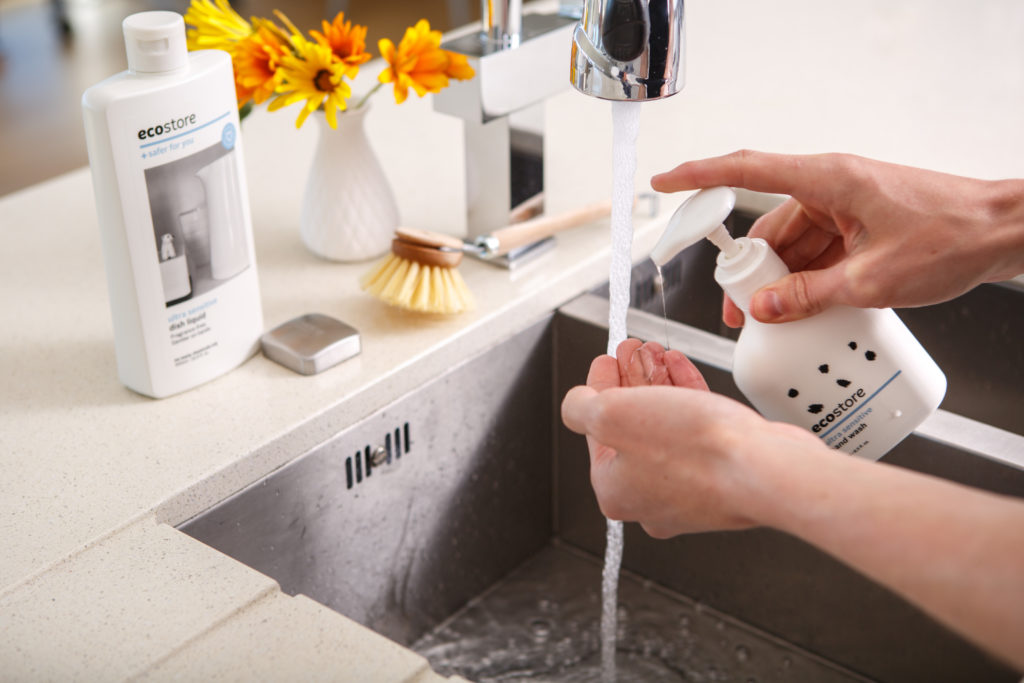When clients come into the clinic for an Initial Consultation, they expect to be asked about their diet, water intake, and exercise regime. When the consult starts diving into questions centered around skin-care and other environmental exposures however, clients can start to look slightly puzzled.
As a holistic-based clinic, we acknowledge that the body cannot be isolated into various parts and what affects one system will undoubtedly affect another (basically the opposite of the reductionist model used in conventional medicine). With this in mind, our skin can be looked at as an amazing sponge that is capable of soaking up all those delicious (albeit toxic) products we lather on our face, body and hair. Studies have shown the our skin can absorb up to 70% of these cosmetics (..yes! 70%!!!) and once absorbed, these cosmetics can end up in the bloodstream where some pretty nasty effects can take place. Two common ingredients that are known to cause health issues are parabens and phthalates. Parabens have been used since the 1950s and are used to preserve cosmetics and body care products by preventing bacterial growth. Unfortunately, parabens are linked with breast cancer and reproductive issues, yet despite this they are still 100% legal! Aside from the direct effects that these chemicals can have on our body, the excessive amount of toxins in the bloodstream also places a heavy burden on the liver as it tries its best to detoxify.
A lot of people don’t see the harm of cosmetics because they assume that there is no way that readily available products could contain harmful ingredients, however its important to
So what can we do about it? The task of scrutinising every ingredient in the bevy of daily products can be daunting. So start with the products that are having the most negative impact. The next thing you want to think about is the level of exposure you’re getting from the products you’re using. Different products mean different levels of exposure and concern. For instance, if you use a lotion all over your body and it soaks into your skin all day, you’re getting a lot more exposure to those chemicals than if you were to use the same ingredients in a face cleanser that is quickly washed off. So be strategic — try to get the best ingredients in products that you have a lot of exposure to (shampoo, lotion, sunscreen, etc.), and if you want to, relax your standards a bit for products like hand soap.
At the clinic, we recommend people download the amazing app ‘Think Dirty’, which takes the guesswork out for you. All you do is scan the product and the app will rate its ‘dirtiness’ as well as give you a breakdown of the ingredients and the possible side effects. At the clinic we also love the new Ultra Sensitive range from ecostore, which is ideal for most people to use around the home and on their body. Ecostore refers to the Environmental Working Group’s cosmetic database https://www.ewg.org/skindeep/ to help assess the safety of every ingredient it uses in its products.
It’s easy to assume, “well, what harm can a little bit of this body lotion actually do?” And the answer is that whilst these ingredients won’t cause you immediate reactions (unless you are incredibly sensitive or allergic), it is the cumulative of these products that can wreak havoc on your health overtime through repeated usage. Start switching to more cleaner products such as ecostore Ultra Sensitive range and download the app ‘Think Dirty’, so that all your cosmetic decisions are informed.

0 Comments
Leave A Comment